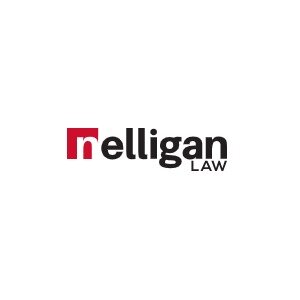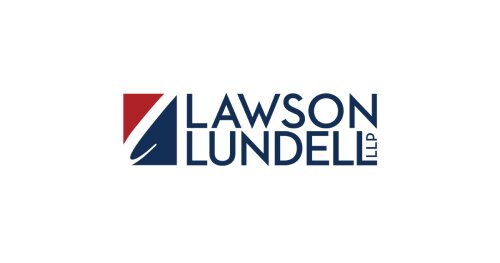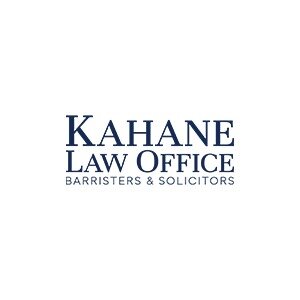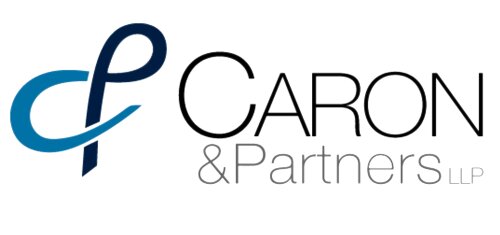Best Art & Cultural Property Law Lawyers in Canada
Share your needs with us, get contacted by law firms.
Free. Takes 2 min.
Or refine your search by selecting a city:
List of the best lawyers in Canada
About Art & Cultural Property Law in Canada
Art & Cultural Property Law in Canada encompasses a wide range of legal issues related to the acquisition, ownership, protection, and management of art and cultural property. This includes Indigenous cultural artifacts, artwork, historical items, and any culturally significant property. The law aims to balance the interests of ownership with the protection and preservation of cultural heritage. It is governed by various federal and provincial laws, as well as international treaties and agreements to which Canada is a signatory.
Why You May Need a Lawyer
Individuals or organizations may encounter several situations where legal advice in Art & Cultural Property Law is essential:
- Acquisition or ownership disputes involving art or cultural property.
- Repatriation of cultural artifacts, especially regarding Indigenous cultural property.
- Dealing with issues of provenance and authenticity of art items.
- Compliance with national laws and international treaties for exporting/importing cultural property.
- Protection against theft and illicit trafficking of cultural items.
- Dealing with copyright or intellectual property issues related to artworks.
Local Laws Overview
The legal landscape for Art & Cultural Property Law in Canada is influenced by a variety of legislative frameworks:
- Canadian Cultural Property Export and Import Act: Governs the certification and control of cultural property in terms of import and export, ensuring that culturally important items remain within Canada.
- Indigenous Affairs: Specific laws and guidelines govern the handling and repatriation of Indigenous cultural heritage, and Indigenous communities have rights to protect and recover cultural artifacts.
- Criminal Code of Canada: Includes provisions that address theft, vandalism, and possession of stolen property, which apply to art and cultural items.
- International Conventions: Canada is a signatory to conventions like the UNESCO 1970 Convention, which facilitates international cooperation in recovering stolen or illicitly exported cultural property.
Frequently Asked Questions
1. What is cultural property?
Cultural property includes items of historical, artistic, scientific, or cultural significance. This can range from artworks and manuscripts to ancient artifacts and Indigenous cultural items.
2. What laws protect cultural property in Canada?
Various laws including the Canadian Cultural Property Export and Import Act, Criminal Code, provincial heritage acts, and international treaties protect cultural property in Canada.
3. How does Canada handle the repatriation of Indigenous artifacts?
Canada has processes and policies in place for the repatriation of Indigenous artifacts, often working collaboratively with Indigenous communities.
4. How can I verify the authenticity of artwork?
Authentication can be done through provenance research, expert appraisals, scientific testing, and consulting art historians or other specialists.
5. Can cultural property be exported from Canada?
Exporting cultural property requires permits under the Canadian Cultural Property Export and Import Act, ensuring that significant items are not permanently removed from the country.
6. What should I do if I discover a stolen artifact?
Contact local law enforcement and report the find. It may also be necessary to involve cultural property law specialists and follow protocols for returning the item.
7. How do international treaties affect Canadian Art & Cultural Property Law?
Treaties like the UNESCO 1970 Convention help set guidelines for international cooperation on issues like recovering illicitly exported items, impacting Canadian law and practice.
8. What rights do artists have over their creations?
Artists have moral and economic rights under Canadian law, allowing them to control how their creations are used and providing them a share of profits from sales.
9. Are there tax incentives related to donating cultural property?
Donors of certified cultural property can receive tax incentives, encouraging the donation of significant items to Canadian institutions.
10. Who can claim ownership of a cultural artifact?
Ownership can be claimed by individuals, institutions, or governments, depending on provenance, legal title, agreements, and applicable laws.
Additional Resources
For further assistance, consider reaching out to:
- Canadian Heritage Information Network (CHIN): Offers databases and resources on cultural property management.
- Canadian Cultural Property Export Review Board: Provides guidance and information on exporting cultural property.
- Indigenous Affairs Canada: Supports Indigenous communities in issues related to cultural heritage.
- Law Society of Ontario: Provides resources to find legal professionals specializing in this field.
Next Steps
If you need legal assistance in Art & Cultural Property Law, begin by identifying the exact nature of your legal needs. Conduct preliminary research using the resources mentioned above, then consult with a specialized lawyer to discuss your case's specifics. Ensure the legal professional you choose has experience with cultural property law in Canada to provide the best support for your situation.
Lawzana helps you find the best lawyers and law firms in Canada through a curated and pre-screened list of qualified legal professionals. Our platform offers rankings and detailed profiles of attorneys and law firms, allowing you to compare based on practice areas, including Art & Cultural Property Law, experience, and client feedback.
Each profile includes a description of the firm's areas of practice, client reviews, team members and partners, year of establishment, spoken languages, office locations, contact information, social media presence, and any published articles or resources. Most firms on our platform speak English and are experienced in both local and international legal matters.
Get a quote from top-rated law firms in Canada — quickly, securely, and without unnecessary hassle.
Disclaimer:
The information provided on this page is for general informational purposes only and does not constitute legal advice. While we strive to ensure the accuracy and relevance of the content, legal information may change over time, and interpretations of the law can vary. You should always consult with a qualified legal professional for advice specific to your situation.
We disclaim all liability for actions taken or not taken based on the content of this page. If you believe any information is incorrect or outdated, please contact us, and we will review and update it where appropriate.
Browse art & cultural property law law firms by city in Canada
Refine your search by selecting a city.

















